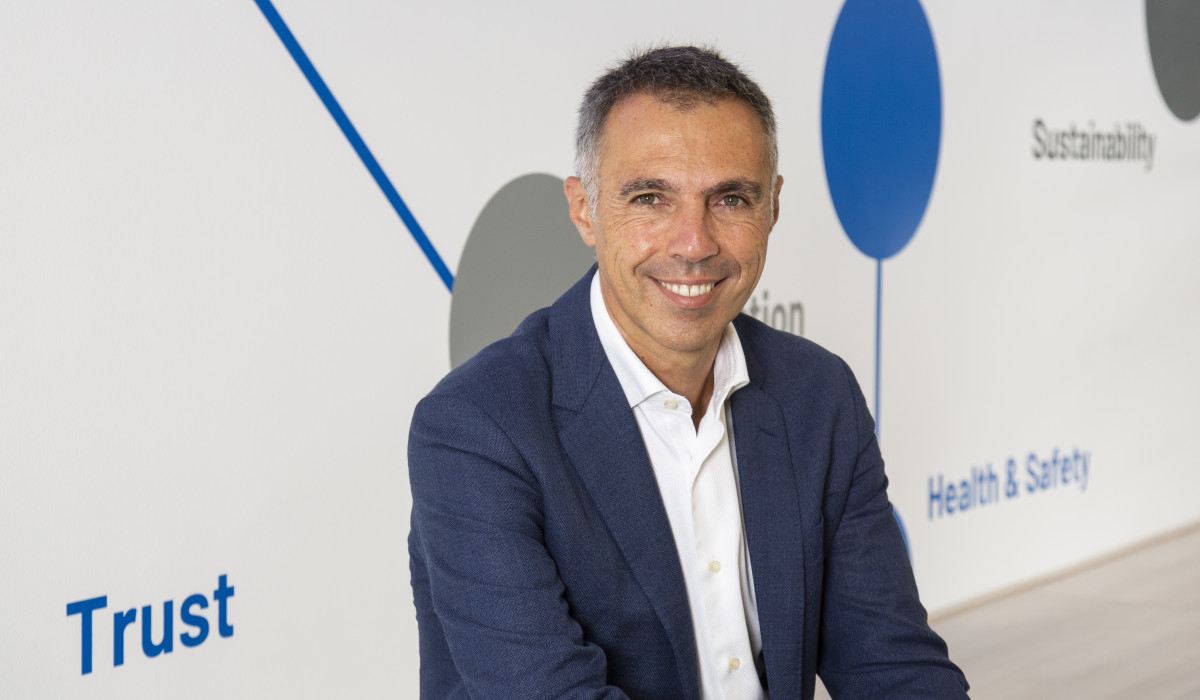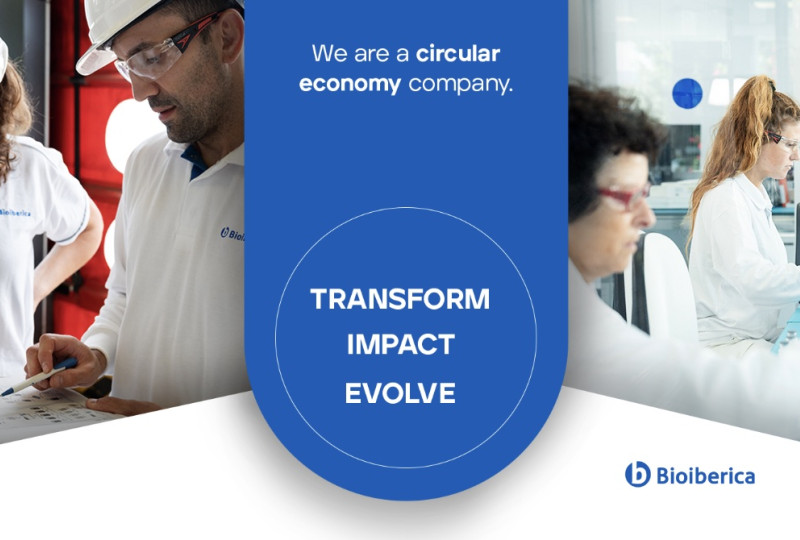Interview with Luis Solera, CEO of Bioiberica
As Bioiberica celebrates its 50th anniversary, Luis Solera, CEO reflects on the company’s evolution—from a pioneer in heparin production to a global leader in the biotech industry.

With continued expansion into new markets and a focus on sustainability, Bioiberica is shaping the future of human, animal, and plant health.
Your website describes heparin as an “ever-young, life-saving drug.” Why has heparin remained indispensable for so many years?
Heparin is unique because it is not just an anticoagulant but also an antithrombotic agent. It remains indispensable in medical treatments, saving over 100 million lives annually. Almost everyone in the Western world will use heparin at some point, whether during surgery or pregnancy, where it plays a crucial role in preventing blood clots.
Despite its long history, heparin continues to be vital in healthcare. It is often taken for granted, but without it, many medical procedures would be significantly riskier. While the core mechanism of heparin remains unchanged, our focus is on refining its safety, traceability, and effectiveness, ensuring that it remains the gold standard in anticoagulation therapy.
What are the key factors behind Bioiberica’s leadership in the heparin market?
Today, we are the largest producer of heparin outside China. In the Western world, our APIs are used by major pharmaceutical companies. Our continued leadership is driven by our commitment to innovation and, most importantly, the highest standards of safety and traceability.
Traceability is crucial to our operations. We control every stage of the supply chain, from the farms where the pigs are raised to the slaughterhouses, transportation, and final API production. This rigorous control ensures product safety and quality. Additionally, our circular economy model optimizes raw material usage, as only a small fraction is needed to produce heparin. The rest is utilized for animal and agricultural health products, ensuring sustainability in our supply chain.
In addition to heparin, Bioiberica is known for other biological APIs. How has demand for these products evolved with the rise of new therapies?
The demand for biological products is steadily increasing. Heparin, in particular, has shown consistent growth, driven by population expansion and medical advancements. Alongside heparin, we have developed other APIs such as thyroid extracts, glucosamine, and chondroitin sulfate, all of which have proven therapeutic benefits.
You recently partnered with Stauber as part of your expansion in the U.S. Can you share more about the goals of this collaboration?
We are already present in more than 80 countries, offering over 100 products across human health, animal health, and plant health. Our partnership with Stauber is specifically focused on branded nutraceutical ingredients aimed at improving mobility, joint and muscle, and skin health. With this collaboration, we are introducing innovative ingredients such as native collagen type II and hyaluronic acid matrix, which are derived from animal sources and enhance quality of life. The U.S. is a key market for us, and Stauber is the perfect partner to help us expand our presence in the nutraceutical sector.
Given Bioiberica’s global operations, how prepared is the company to face potential supply chain shocks?
We are well-prepared for supply chain challenges due to our global manufacturing footprint. Our facilities are strategically located near raw material sources, including the U.S., Brazil, Italy, Germany, Poland, and Spain, as well as in Latin America.
This geographical diversification ensures resilience against disruptions such as the porcine fever outbreak in China a few years ago. By maintaining multiple supply sources, we can guarantee consistent product availability for our customers, regardless of geopolitical or health-related challenges.
Sustainability isn’t often a focus in the pharmaceutical sector, yet Bioiberica has made it a core part of its operations. Could you speak to the company’s achievements in this area?
Sustainability is at the core of our operations. When extracting biomolecules from animal sources, less than 1% of the raw material is used for APIs. The remaining 99% is repurposed, making efficiency and sustainability critical to our business model.
We transform these byproducts into functional ingredients for animal health and biostimulants for plant health, creating a fully circular bioeconomy. Our goal is to maximize the use of every resource, reducing waste and enhancing sustainability. Today, more than 90% of our co-products are recycled or reused, ensuring long-term environmental and economic viability.
As Bioiberica celebrates its 50th anniversary, where do you see the company heading in the next few years?
We are on the right track, continuously developing new therapeutic products in partnership with leading companies. While many of these projects are still confidential, they focus on delivering impactful solutions for human, animal, and plant health.
Our expertise in extracting biomolecules will remain central to our growth strategy. We also recognize our responsibility in expanding both animal and plant health segments, particularly in reducing chemical use in agriculture. These areas represent key priorities as we continue to innovate and contribute to a more sustainable future.
To see the full interview, visit: link.
Related News
On a planet where natural resources are limited and there is increasing concern for the environment, the circular economy has emerged as an innovative and sustainable solution.


